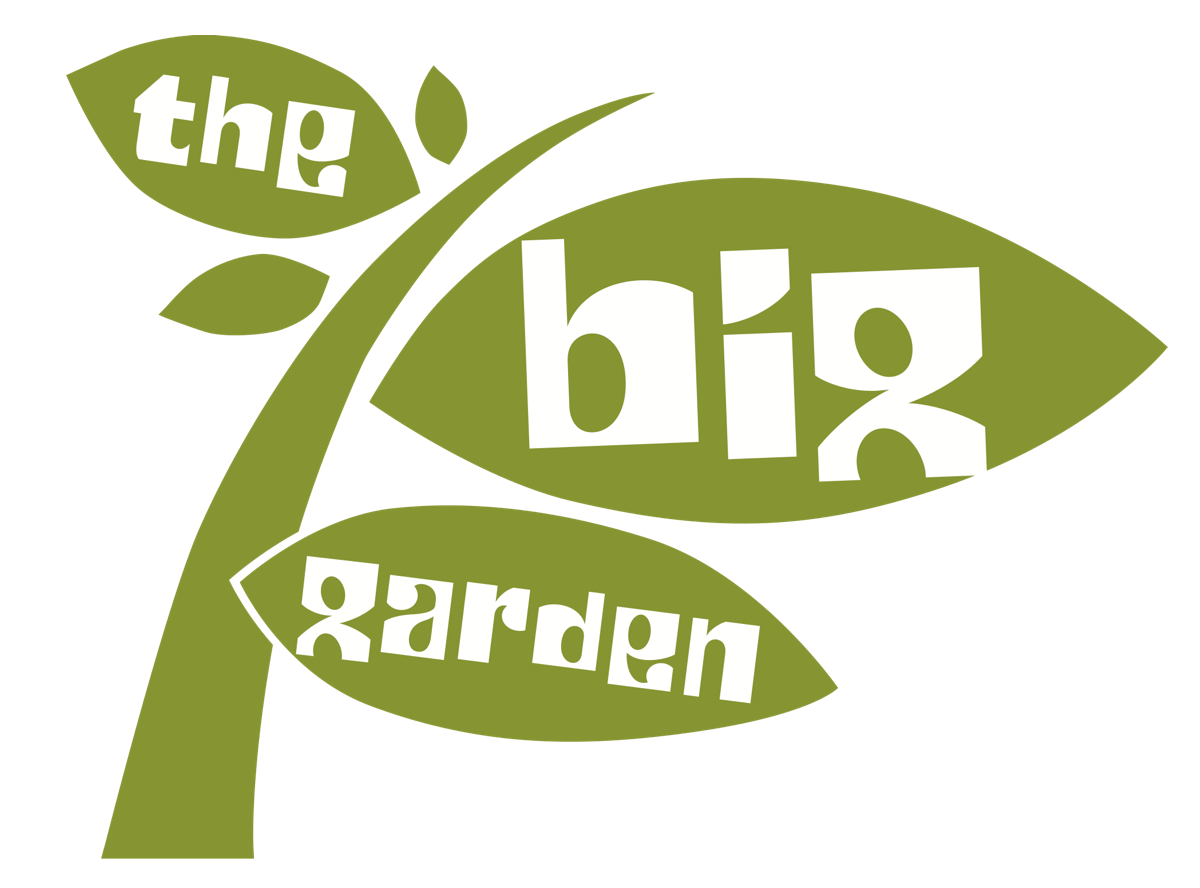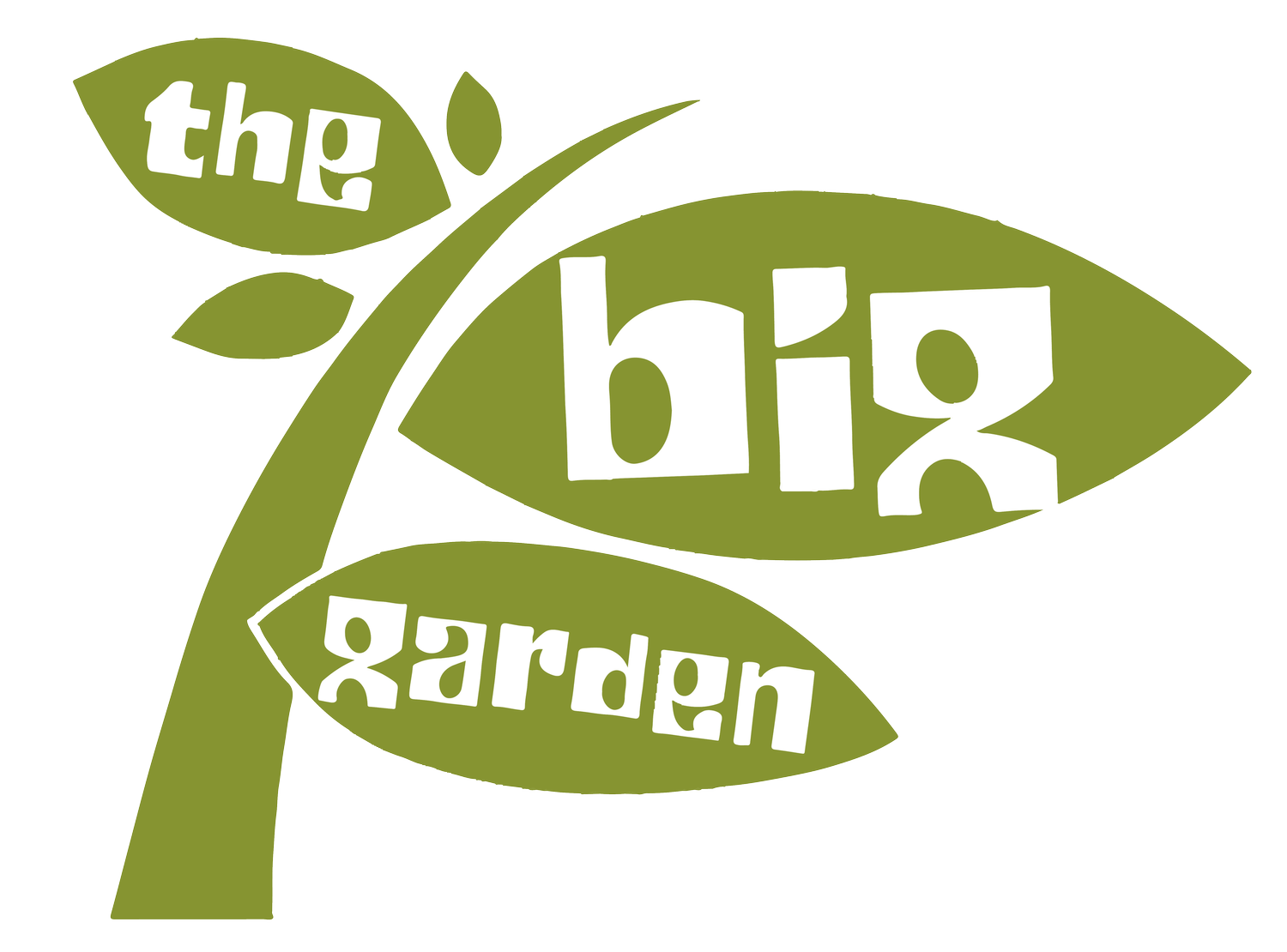Hope in the Trenches
by Nathan Morgan, Executive Director
Every four years, the U.S. federal government issues a national climate assessment. The most recent report was issued in November, and it hasn’t gotten the attention it should. It paints a disturbing picture of rising temperatures and sea levels alongside declines in agricultural production and human health. I’m grateful to the scientists at the National Oceanic and Atmospheric Administration (NOAA) and other agencies for providing this climate assessment as they do every four years by law.
Policy makers at the federal and state level may say that they don’t believe in climate change, but science has a funny way of not caring about individuals’ opinions, no matter what office they hold. The science is clear: climate change is happening, it is caused by human activity, and we are feeling the effects of it now. That fact is no longer in debate, except among a group of politicians and pundits who are often influenced by powerful interests heavily invested in maintaining the status quo.
Even without the effects of climate change, global food insecurity will likely increase in the coming decades. Production of staple grain crops such as corn, wheat and soybeans has plateaued over the past 20 years, while population growth has continued to increase dramatically, especially in the developing world. This is a scenario for increasing food insecurity that will be most likely felt by the worlds poor most acutely.
Those of us in the U.S. will not be completely immune to this phenomenon. As worldwide demand outstrips supply, food prices will increase. This will impact low-income communities most severely and will make existing efforts to deal with food insecurity that much more difficult. Since so much of the diet of low-income people is based on corn, wheat and soy, increases in the cost of these staple crops will exacerbate poverty in our region. We don’t know the extent of this but we know it is coming.
photo courtesy of the Ilissa Ocko, EDF scientist
Climate Change is the unpredictable elephant in the room when it comes to food insecurity. The scientific consensus is that as global temperatures rise, commodity crop yields will fall. There is no consensus on just how much yields will fall because the amount of temperature increase in the future is a moving target. The Paris Climate Accords set a goal to keep global temperature increases below 2 degrees Celsius. But there is no guarantee that this goal will be reached. According to researchers at the University of Illinois, crop yields will decline by 30-46% over the next 50 years based on the Intergovernmental Panel on Climate Change most conservative scenario.
Farmers are nothing if not adaptable, so the worst case scenario may not be the most likely one, but so many of the kids and adults that The Big Garden serves already live on the ragged edge of hunger. It keeps me up at night worrying about whether they will be able to adapt. And I keep asking myself what more we can do to help.
I don’t have any answers, but I do have a few ideas, and I remain hopeful. One thing that The Big Garden will continue to do is to teach kids from low-income families how to grow their own food. This may be the most important skill they can have in the future. Next, we will be even more committed to collaboration. No one organization has all the answers to ending hunger and poverty, and no one organization can do it all. We will partner with others make our community more resilient to the challenges that may come. And if, as seems likely, we have to grow more of the food we eat here locally, The Big Garden will work to make sure that urban agriculture is an economic engine for low-income neighborhoods. I think growing more of Omaha’s food in Omaha, bodes well for a tasty and more prosperous future for the people we serve. I’m excited that we can be a small part in making that happen.
We are living in a time of monumental change. So many of the systems and institutions that we have relied on and assumed would always be there are looking shaky and starting to crumble. Governments, churches, universities, and communities around the world are struggling to make sense of what is happening and what might come next. Uncertainty seems to rule the day. But in that uncertainty, I find hope. The truth is we don’t know what is coming next, and that means the future is not set. Old ways of doing things that have marginalized those without power, status or money and have harmed the Earth, may well be the ones that change. And that will be a good thing.
It won’t be easy. Building more compassionate, resilient and just communities is a lifetime job. But it is good work to do. I encourage you to find a cause that speaks to you and get to work. Plant a garden, mentor a child, comfort those in need. This moment needs the very best you can offer. If we are wise enough, compassionate enough, and work hard enough, the world that will emerge from these wrenching changes can be one we are proud to leave to our children and grand children. I’ll see you in the trenches.




